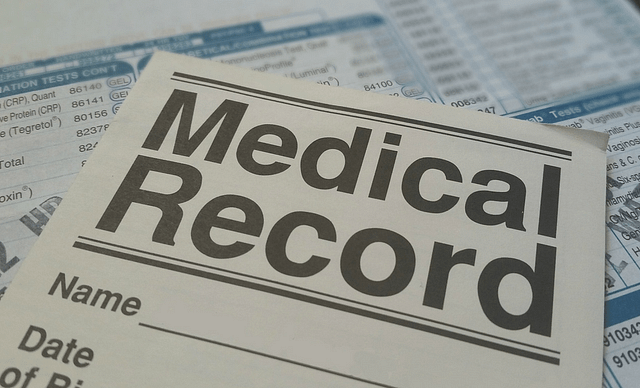In the ever-evolving landscape of healthcare, medical office administrators are increasingly turning to data-driven strategies to enhance efficiency, improve patient care, and navigate the complexities of modern healthcare management. Navigating the complexities of healthcare administration requires a comprehensive understanding of the industry, current trends, and the ability to analyze and apply data effectively. This is where medical office administrators play a crucial role. In this article, we will explore how medical office administrators utilize data for improved healthcare management.
The Data Revolution in Healthcare

Gone are the days when medical records were confined to paper files and information retrieval was a time-consuming process. Today, medical office administrators are at the forefront of the data revolution, leveraging advanced technologies to collect, analyze, and interpret vast amounts of healthcare data. Electronic Health Records (EHRs) and other digital systems have become essential tools, streamlining administrative processes and paving the way for informed decision-making.
Improving Operational Efficiency
One key area where data plays a pivotal role is in enhancing operational efficiency within medical practices. Medical office administrators analyze data to optimize scheduling, streamline workflows, and ensure that resources are allocated efficiently. By identifying patterns and trends, administrators can make informed decisions that result in smoother day-to-day operations.
Enhancing Patient Care
Data-driven insights also contribute significantly to the improvement of patient care. Medical office administrators use data analytics to monitor patient outcomes, identify areas for improvement, and implement evidence-based practices. This not only enhances the quality of care but also contributes to a more personalized and patient-centric healthcare experience.
Implementing Strategic Decision-Making
In the realm of healthcare management, strategic decision-making is paramount. Medical office administrators sift through data to identify areas of opportunity, assess the performance of healthcare services, and devise strategies for long-term success. This proactive approach allows medical practices to adapt to changing healthcare landscapes and stay ahead of the curve.
Financial Management and Revenue Optimization

Financial considerations are a critical aspect of healthcare management. Medical office administrators utilize data to manage budgets, track expenditures, and optimize revenue cycles. By analyzing financial data, they can identify areas for cost reduction, negotiate favorable contracts with vendors, and ensure the financial sustainability of the medical practice.
Compliance and Risk Management
In the complex world of healthcare, compliance with regulations and risk management are non-negotiable. Medical office administrators utilize data to monitor compliance with healthcare laws, privacy regulations, and other industry standards. This proactive approach not only mitigates risks but also ensures that the medical practice operates ethically and within legal boundaries.
The Human Touch in Data-Driven Healthcare
While data plays a crucial role in healthcare management, the human touch remains irreplaceable. Medical office administrators interpret data with empathy, considering the unique needs of patients and the challenges faced by healthcare providers. This balance between data-driven insights and compassionate decision-making is what sets effective medical office administrators apart.
The utilization of data by medical office administrators is a transformative force in modern healthcare management. By embracing data-driven strategies, these administrators contribute to operational efficiency, enhance patient care, and navigate the complexities of the healthcare landscape with confidence and foresight. In a world where information is key, medical office administrators are the architects of a healthier and more efficient future.


